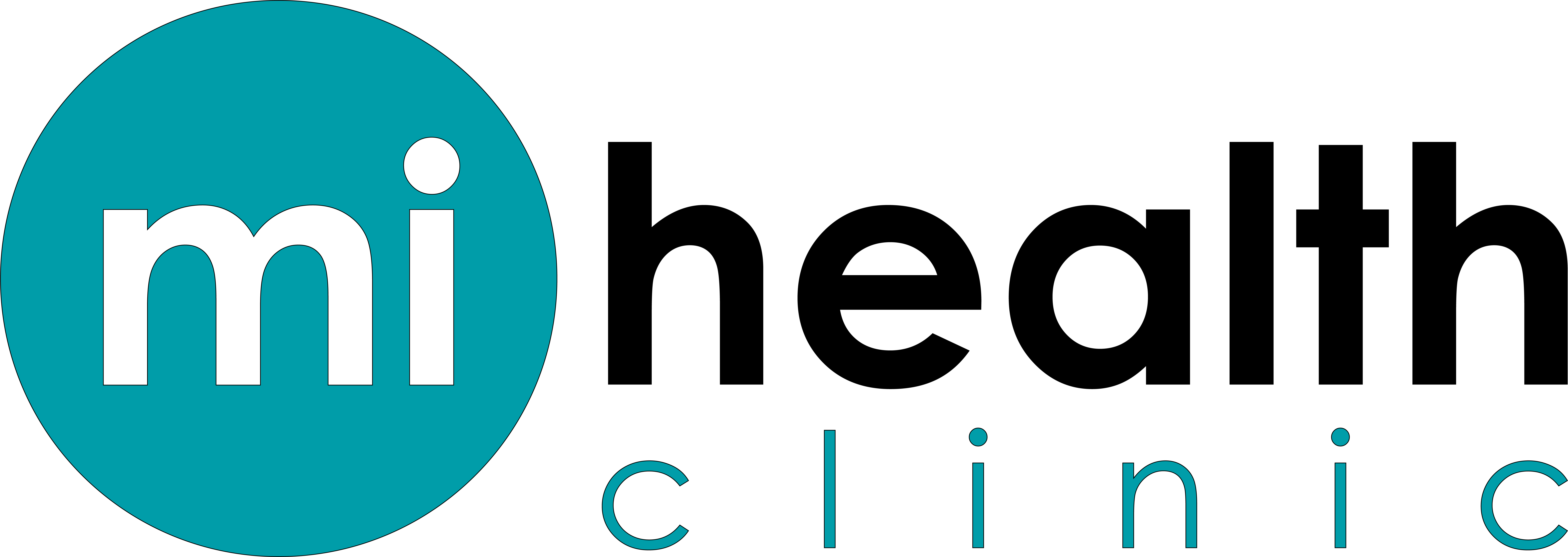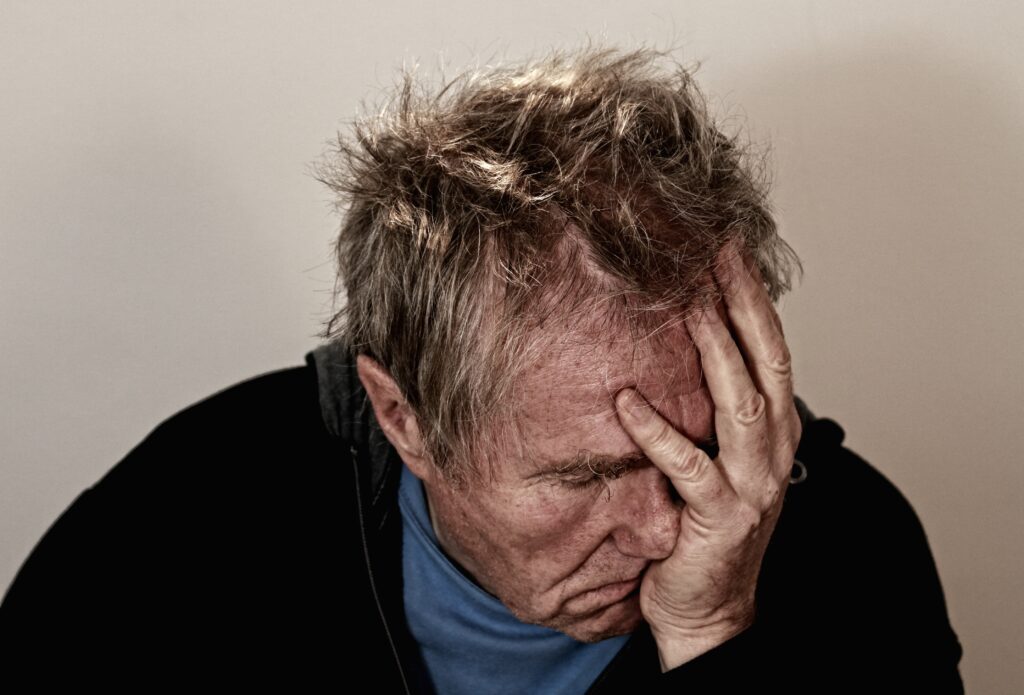Overview
You can help reduce your risk of stroke by making healthy changes.
These are the most important steps you can take to lower your risk of stroke:
- Keep your blood pressure in the normal range
- If you smoke, quit
- Keep your blood sugar (glucose) in the normal range
- If you have heart disease, get treatment
- Keep your cholesterol levels in the normal range
- Stay at a healthy weight
- Get active
- Eat healthy
Making these healthy changes can also help lower your risk of heart disease and diabetes.
Learn more about healthy habits that can help prevent stroke:
Am I at Risk?
Am I at risk for stroke?
The number 1 risk factor for stroke that you can change is high blood pressure. High blood pressure often has no signs or symptoms, so it’s important to get your blood pressure checked by a doctor or nurse regularly. It’s also a good idea to check your blood pressure yourself at home.
Ask your doctor how often you need to get your blood pressure checked.
You may also be at risk for stroke if you:
- Have had a previous stroke or a transient ischemic attack (also called a TIA or mini-stroke)
- Smoke or vape with products that have nicotine in them
- Drink too much alcohol
- Use certain drugs (like cocaine or heroin)
- Have diabetes
- Don’t get enough physical activity
- Are overweight or have obesity
- Have certain heart problems, like coronary artery disease (heart disease), an irregular heartbeat (including atrial fibrillation), or problems with a heart valve
- Have high cholesterol
You’re at higher risk of having a stroke as you get older. You may also be more at risk if someone in your family has had a stroke. Make sure you know your family’s medical history and share it with your doctor.
Definition
What is a stroke?
A stroke is sometimes called a brain attack. A stroke happens when blood flow to part of the brain is blocked or when a blood vessel breaks, which can damage or kill cells in the brain.
Stroke is a leading cause of death and long-term disability in adults. It can also cause brain damage.
A stroke can cause long-term problems like:
- Memory problems or trouble thinking and speaking
- Vision problems
- Trouble walking or keeping your balance
- Paralysis (not being able to move some parts of the body) and muscle weakness
- Trouble controlling or expressing emotions
- Trouble with chewing and swallowing
- Trouble controlling when you go to the bathroom
Signs
What are the signs of a stroke?
A stroke usually happens suddenly. But it can also happen over hours or even days. Signs of a stroke include:
- Sudden dizziness, loss of balance, or trouble walking
- Sudden confusion, trouble speaking, or trouble understanding what people are saying
- Sudden trouble seeing in 1 or both eyes
- Sudden numbness or weakness of the face, arm, or leg — especially on 1 side of the body
- Sudden, severe headache with no known cause
Having a stroke is a medical emergency. Call 911 right away if you or someone else shows signs of stroke.
The acronym FAST can help you remember the most common signs of a stroke and what to do if you think you or someone else is having a stroke:
- F (face drooping)
- A (arm weakness)
- S (speech trouble)
- T (time to call 911)
Your chances of surviving and recovering from a stroke are better if you get emergency treatment right away.
What is a mini-stroke?
A mini-stroke causes the same symptoms as a stroke, but the symptoms don’t last as long. A mini-stroke is also called a TIA, which stands for transient ischemic attack.
A TIA happens when blood flow to the brain is blocked for a short period of time — usually minutes to hours. If you’ve had a TIA, you are at higher risk for having a larger stroke.
Never ignore signs of a TIA. Call 911 right away if you or someone else shows signs of a mini-stroke.




